Most international students will be banned from bringing relatives to the UK as the country looks to curb immigration.
The information was published on the UK Government website on May 23. Accordingly, only international students studying research programs (masters, doctorates) are allowed to bring their relatives with them, instead of all as before.
International students will also not be able to convert their student visa to a work visa until they graduate. The change will come into effect from January 2024.
The decision comes as the UK has seen record levels of migration in recent times, with net migration (the difference between arrivals and departures) rising from just over 500,000 in June 2022 to over 700,000 by the end of last year.
In addition, nearly half a million student visas were issued in 2022. The number of visas issued to relatives of these international students was 136,000, an increase of 8 times compared to 2019. Of which, Nigeria had the highest number of student visa dependents with nearly 61,000 people. India ranked second with 39,000 people, a sharp increase compared to more than 3,100 in 2019. Pakistan, Bangladesh and Sri Lanka were in the next positions.
Home Secretary Suella Braverman said it was time to tighten this up to deliver on the Government’s commitment to the public to cut net migration and ensure those who migrate to the UK are highly skilled and benefit from it.
“It is fair to better protect public services, while also supporting the economy by allowing the students who contribute the most to come here,” Ms Suella said.
A spokesman for the prime minister said the government also planned to review financial requirements for students and their dependants, and crack down on "rogue training providers who offer unsuitable study programmes that are designed to sell immigration opportunities, not education".
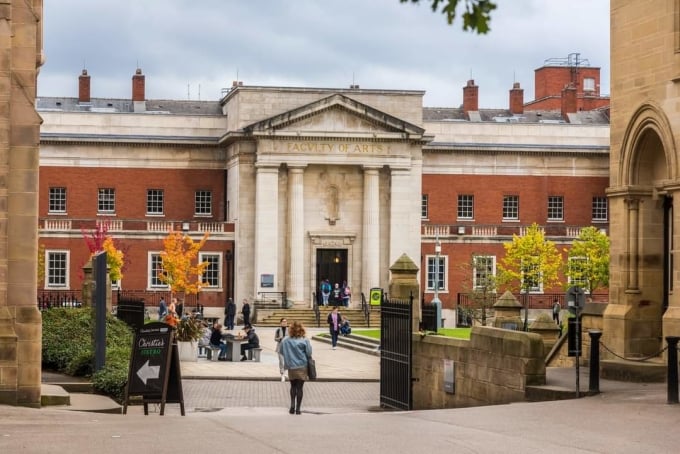
The University of Manchester campus, UK. Photo: The University of Manchester
Jo Grady, general secretary of the University and College Union, objected to this.
“People who choose to study in the UK, no matter where they come from, add enormous value to society and deserve the right to live with their loved ones,” she said.
Many experts say the new policy could cause major difficulties for universities in the UK, as many rely on tuition fees from international students.
Currently, there are about 600,000 international students studying in the UK. Of these, there are about 12,000 Vietnamese students.
Undergraduate tuition fees for international students in the UK are around £13,000-40,000 (VND380 million - VND1.1 billion) per year. In addition, international students need to spend around £300-700 (VND8.7-20 million) on rent and £300-500 on monthly expenses.
Despite the high cost, the advantage of studying in the UK is that it takes about 3 years to get a bachelor's degree compared to 4 years in other countries. Similarly, a master's program only lasts one year, instead of two.
Nhat Ha (According to The Guardian, LBC London, OGL)
Source link



![[Photo] Comrade Khamtay Siphandone - a leader who contributed to fostering Vietnam-Laos relations](https://vstatic.vietnam.vn/vietnam/resource/IMAGE/2025/4/3/3d83ed2d26e2426fabd41862661dfff2)
![[Photo] Prime Minister Pham Minh Chinh receives Deputy Prime Minister of the Republic of Belarus Anatoly Sivak](https://vstatic.vietnam.vn/vietnam/resource/IMAGE/2025/4/2/79cdb685820a45868602e2fa576977a0)

![[Photo] General Secretary To Lam receives Russian Ambassador to Vietnam](https://vstatic.vietnam.vn/vietnam/resource/IMAGE/2025/4/2/b486192404d54058b15165174ea36c4e)
![[Photo] Prime Minister Pham Minh Chinh receives CEO of Standard Chartered Group](https://vstatic.vietnam.vn/vietnam/resource/IMAGE/2025/4/2/125507ba412d4ebfb091fa7ddb936b3b)


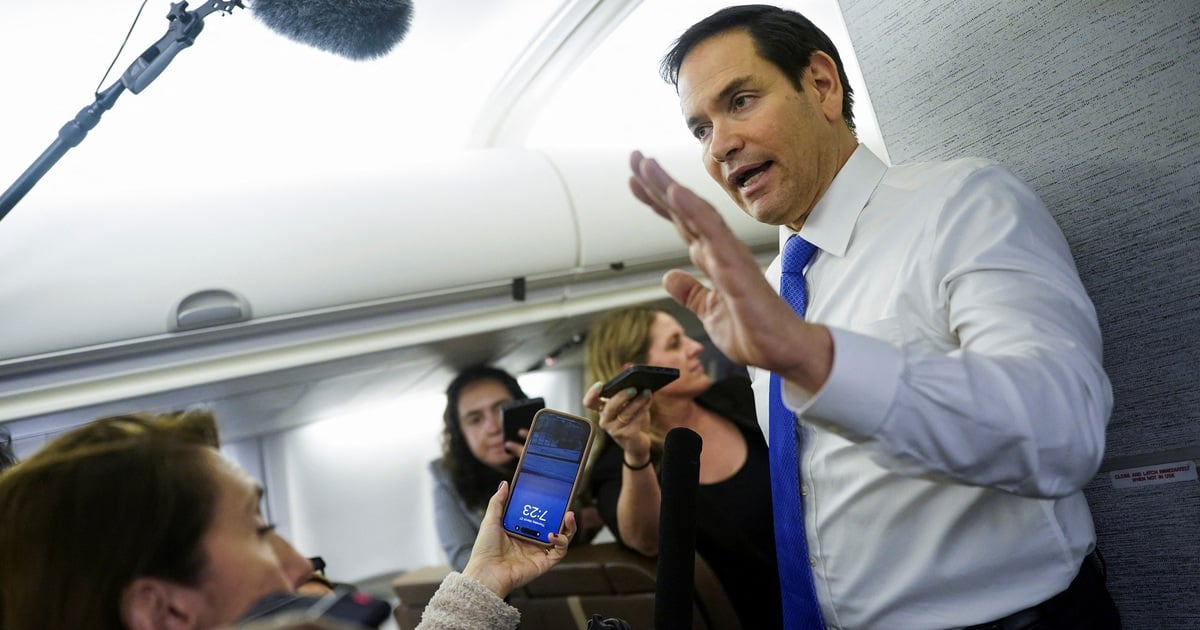

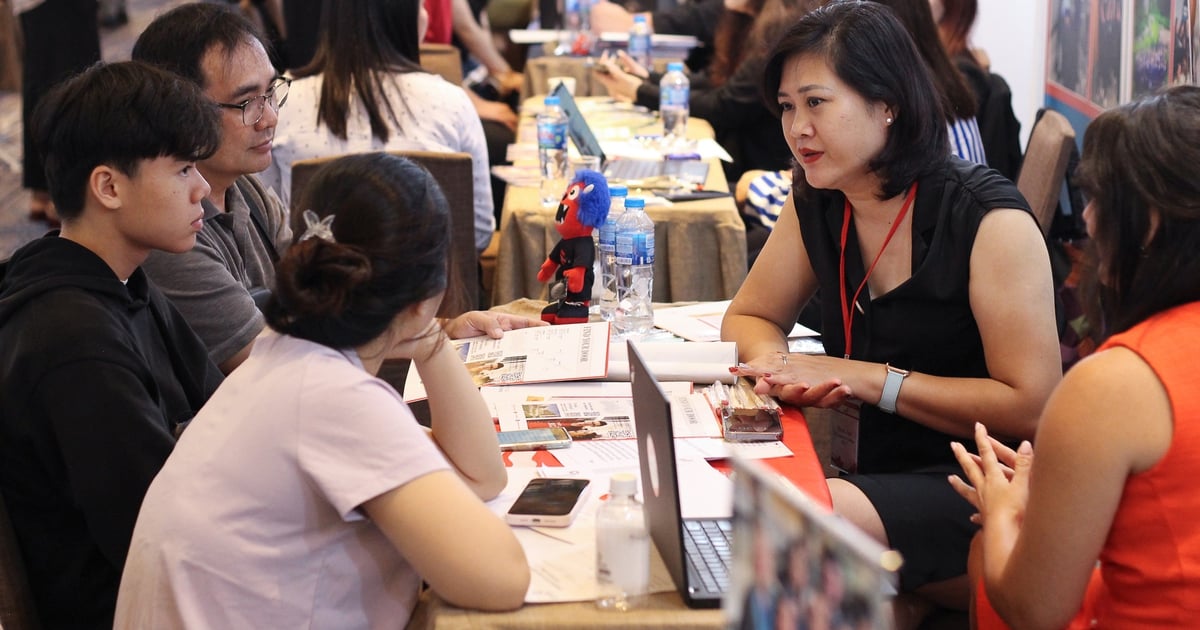
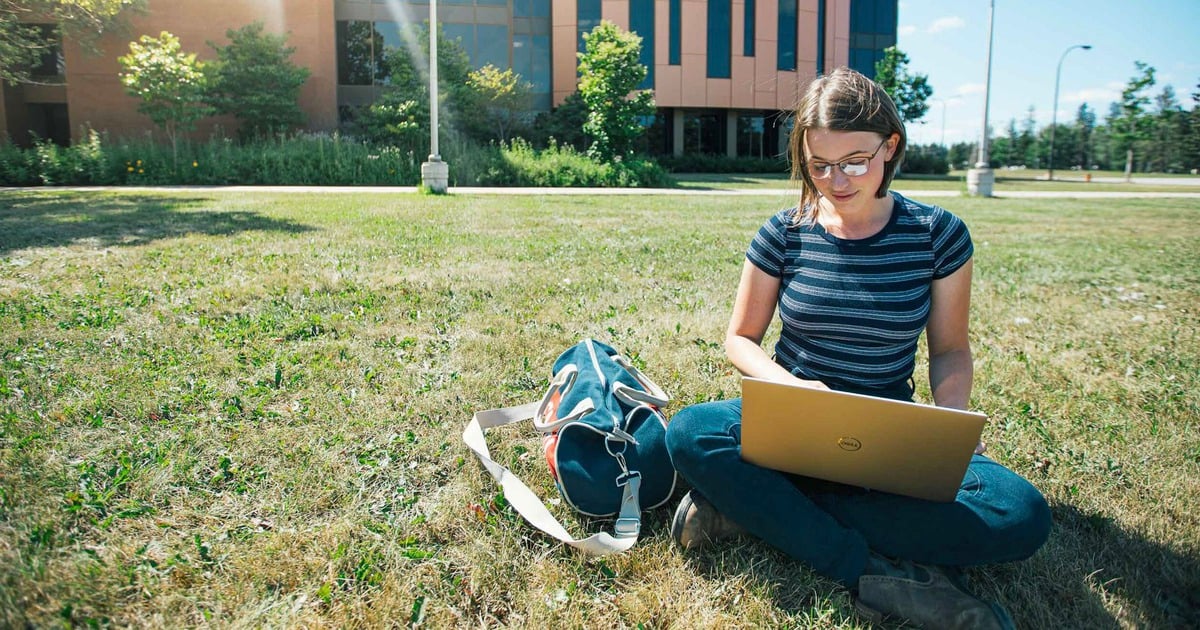





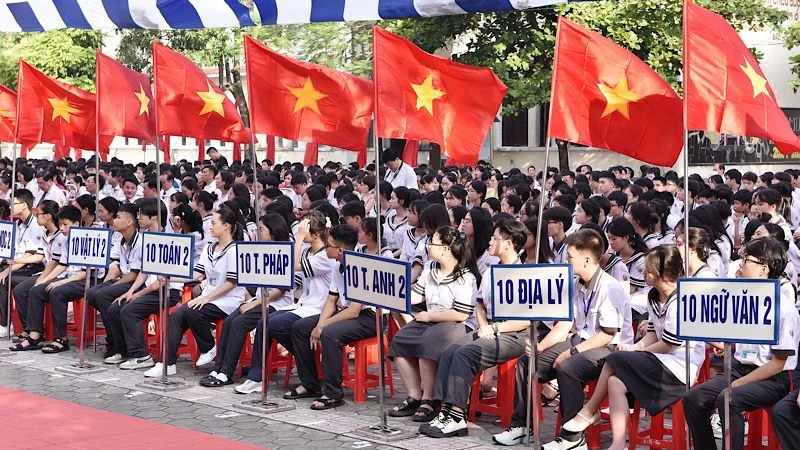
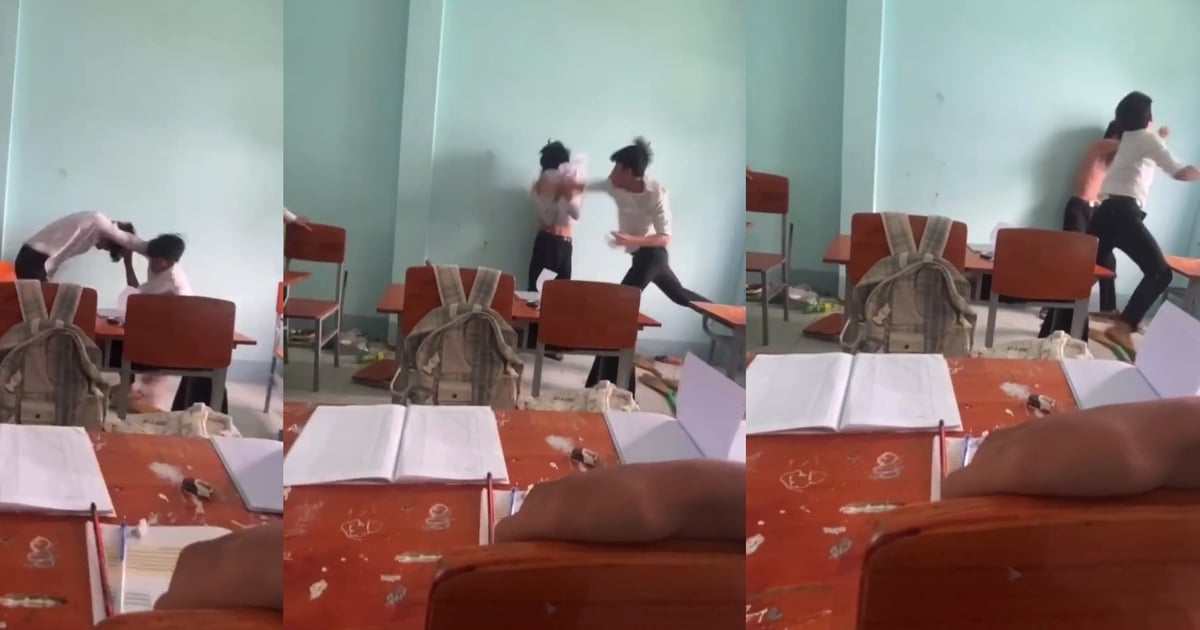
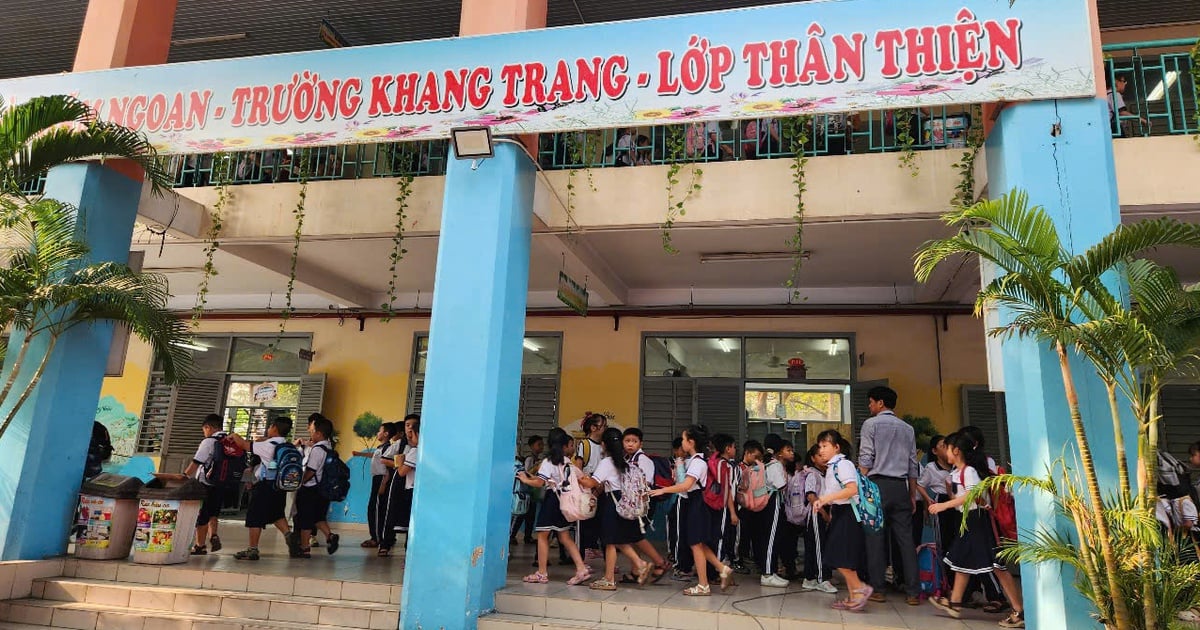
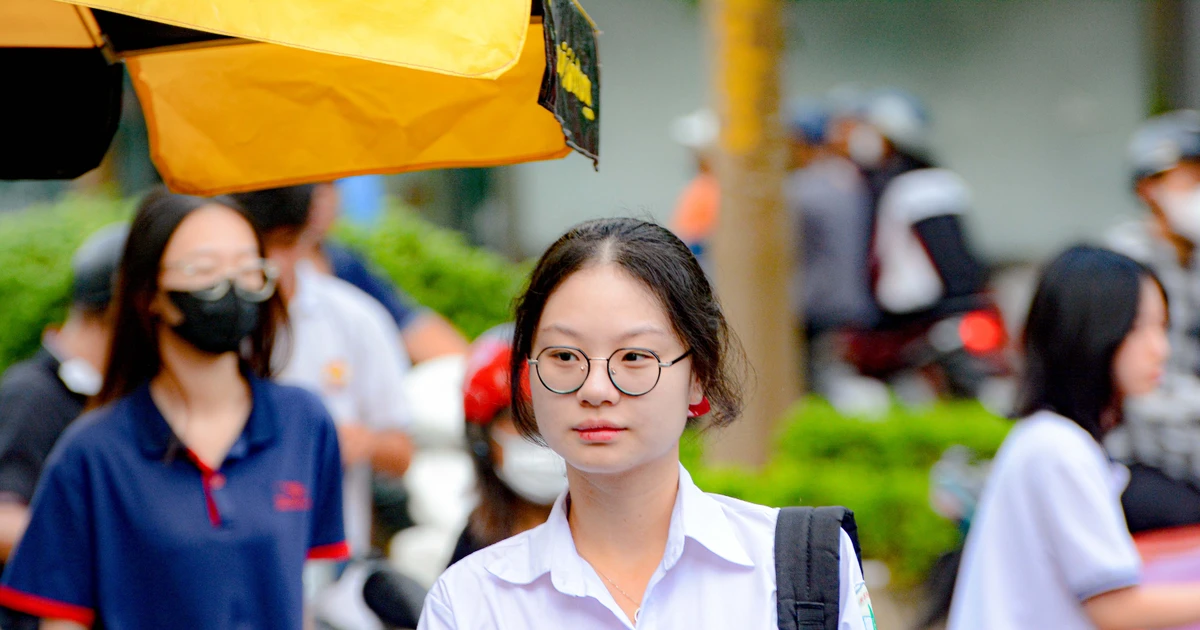
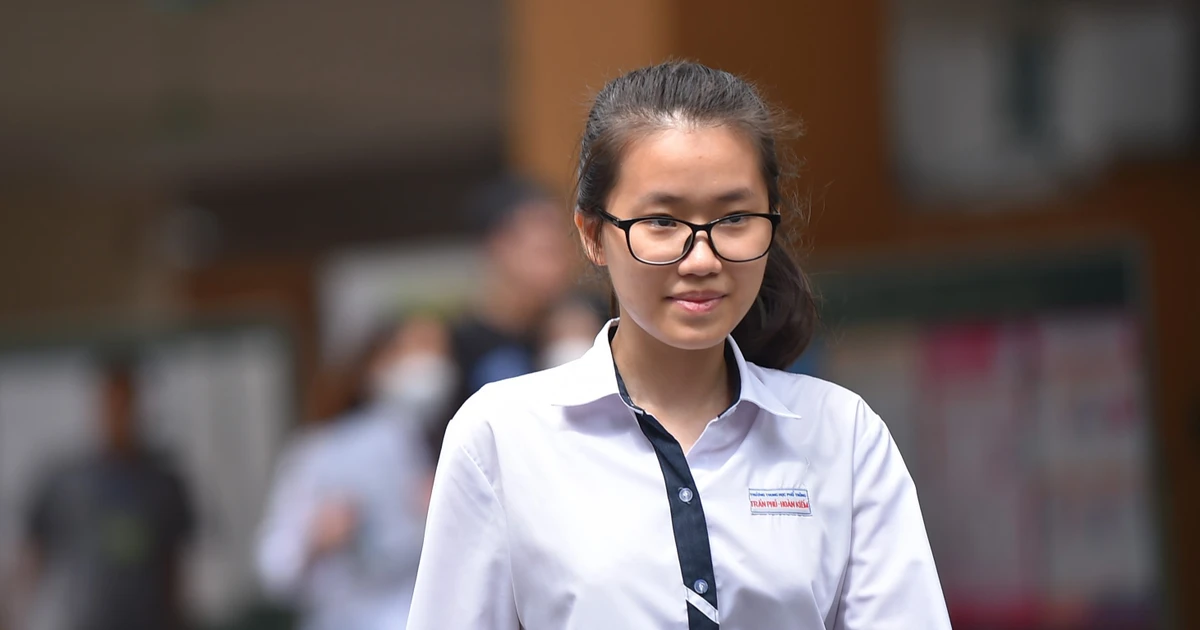






















































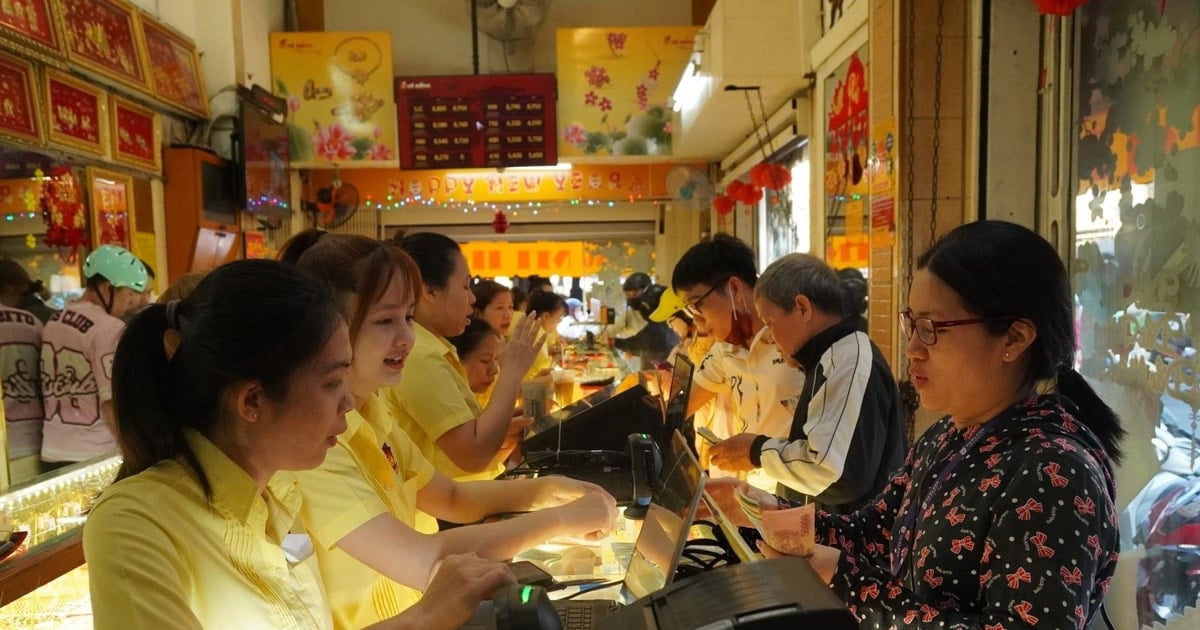


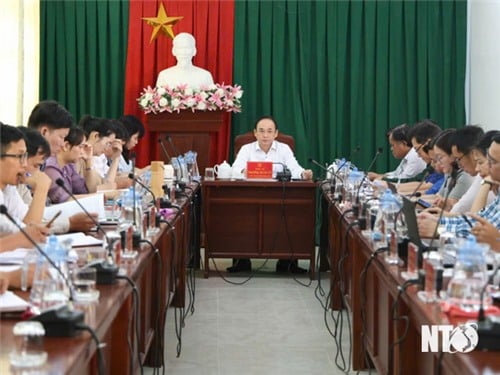


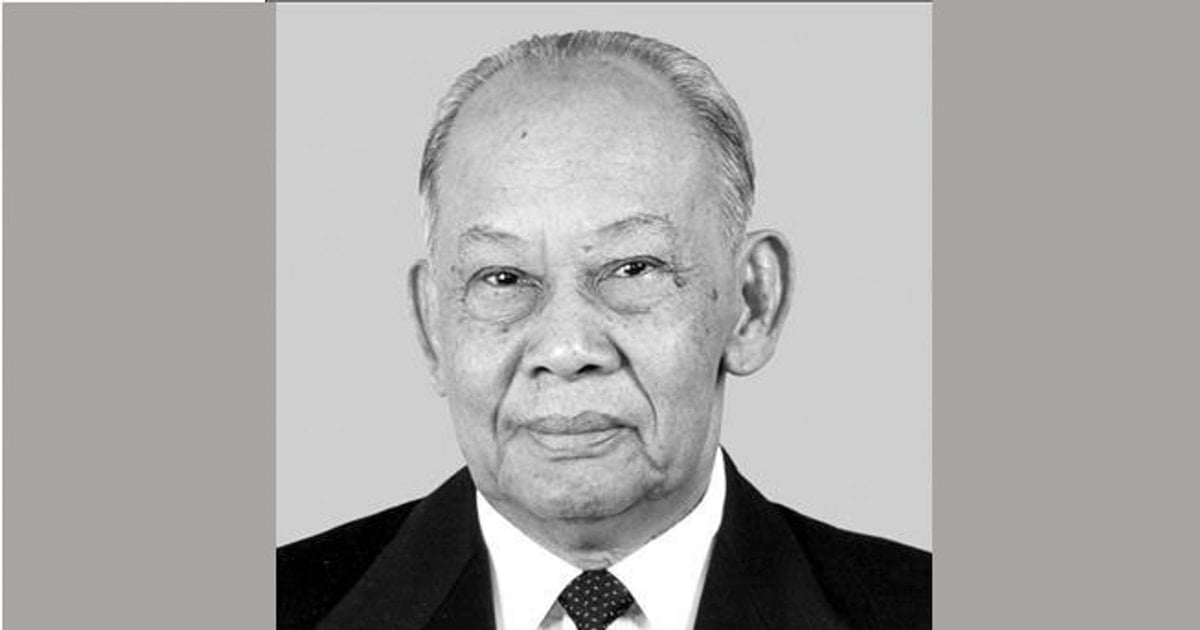














Comment (0)